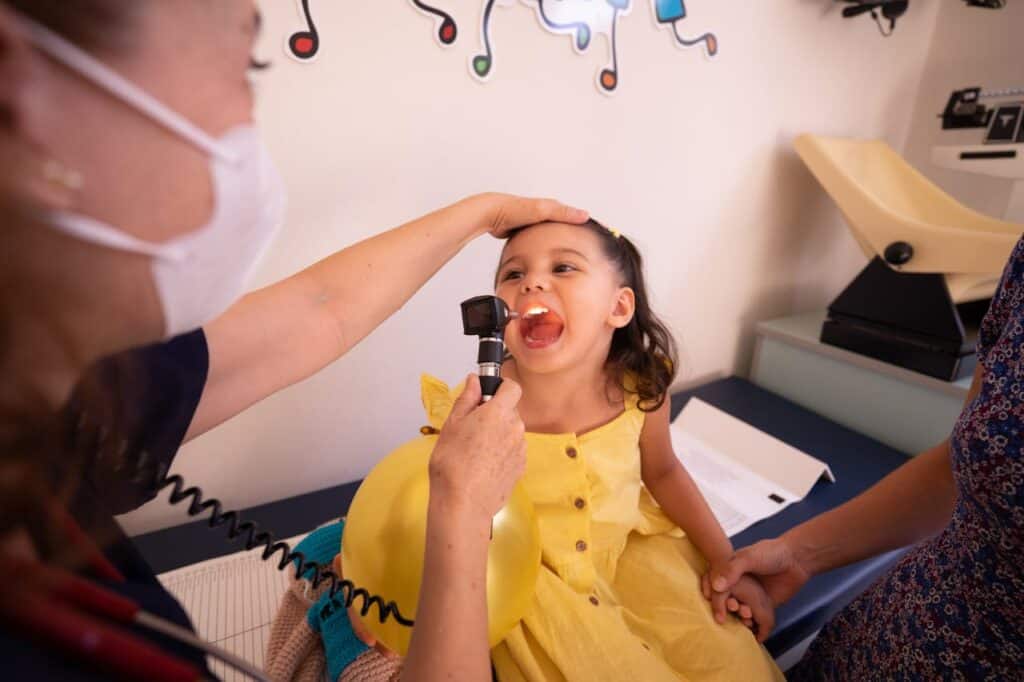Toddler Speech Delays: When to Worry and What to Do
Every parent eagerly awaits their toddler’s first words, but speech development varies dramatically from child to child. While some toddlers chatter constantly by 18 months, others take their time finding their voice. Understanding typical speech milestones and recognizing when professional help might be needed can ease parental anxiety and ensure your child gets support if necessary. Here’s what every parent should know about toddler speech development.
Know the Key Milestones

By 12 months, most toddlers say their first word and understand simple commands. By 18 months, they typically have 10-20 words and can follow two-step instructions. At 24 months, expect 50+ words and two-word phrases like “more milk.” These benchmarks help identify potential delays.
Watch for Red Flags

Concerning signs include no words by 15 months, fewer than 10 words by 18 months, or loss of previously acquired language skills. If your toddler doesn’t respond to their name, avoids eye contact, or shows no interest in communicating through gestures, consider professional evaluation.
Rule Out Hearing Issues First

Hearing problems are a common cause of speech delays. If your toddler seems to ignore you, doesn’t startle at loud noises, or frequently asks “what?” during conversations, schedule a hearing test. Even temporary hearing loss from ear infections can impact speech development significantly.
Encourage Communication Through Play

Interactive play naturally promotes language development. Narrate your activities, read books together daily, and engage in back-and-forth conversations even if your toddler isn’t using words yet. Singing songs, playing peek-a-boo, and imitating sounds all stimulate speech development through enjoyable interaction.
Limit Screen Time Strategically

Excessive screen time can delay speech development since it reduces face-to-face interaction. The American Academy of Pediatrics recommends avoiding screens for children under 18 months (except video chatting) and limiting high-quality programming to one hour daily for older toddlers with parental engagement.
Create a Language-Rich Environment

Talk throughout daily routines, describing what you’re doing during diaper changes, meals, and bath time. Use varied vocabulary, ask open-ended questions, and give your toddler time to respond. Avoid baby talk; instead, model correct pronunciation and grammar naturally.
Consider Professional Evaluation

If concerns persist, contact your pediatrician or a speech-language pathologist. Early intervention services are available for children under three and can significantly improve outcomes. Don’t wait—research shows that addressing speech delays early leads to better long-term communication skills and academic success.
Support Without Pressure

Avoid constantly correcting your toddler or pressuring them to speak. Instead, expand on their attempts (“Car!” becomes “Yes, that’s a big red car!”). Celebrate all communication efforts, including gestures, and create a supportive environment where your child feels comfortable practicing new sounds and words.
Trust Your Parental Instincts

You know your child best. If something feels off about their communication development, seek professional guidance rather than waiting. Healthcare providers can distinguish between normal variation and true delays, providing peace of mind or connecting you with appropriate resources for support.





